Dental implants

specialists

equipment

treatment

Contraindications to dental implantation
- Oncological diseases
- Diabetes
- Blood and heart diseases
- Acute infections
- Severe forms of periodontitis or periodontal disease
- Immunodeficiency conditions, including HIV
- Pregnancy and lactation
- Under 18 years of age
Indications for dental implantation
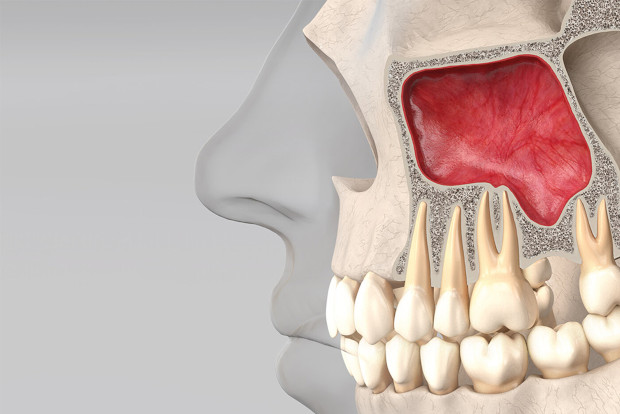
Dental implants are used in cases where the skeletal system is fully formed and bone growth has stopped. The procedure is suitable for people of all ages, including elderly patients aged 70-85 years, in the absence of health problems.
The main indications for implantation include:
- The absence of one dental unit, while the adjacent teeth are healthy or have minor damage
- Allergy to plastic used in prosthetics
- The absence of three or more dental units and complete loss of all teeth
- Inability to wear removable dentures for medical or psychological reasons
If the patient has bone tissue atrophy, bone strengthening is required before implantation. If you have a history of mental disorders, you should consult a psychiatrist.
Before starting treatment, a comprehensive diagnosis is carried out, including a medical history, visual examination and additional studies to clarify all possible risks.
General information about the procedure
Implantation methods
The main methods of implantation in orthodontics are one-stage and two-stage operations. Let's take a closer look at each type.
One-stage implantation is distinguished by the fact that the implant is completely installed in one session. This method is more gentle and does not require repeated intervention. It is chosen for its speed and less invasiveness.
Important! The choice between one- and two-stage implantation depends on the condition of the bone tissue, the general health of the patient and the desire to minimize the risk of infection.
The two-step method is preferable if there is a risk of inflammation or implant rejection. With the right approach, it gives long-lasting and reliable results.
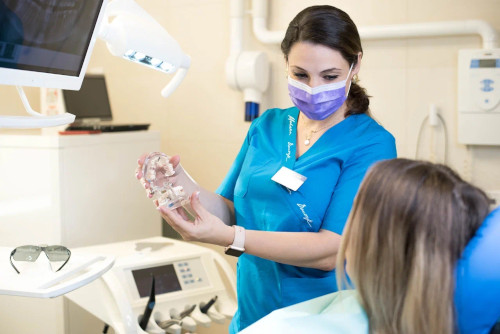
Two-stage implantation involves an operation in two stages:
- First The doctor makes an incision in the gum, cleans the place for the implant, creates a channel in the bone and installs the root of the implant into it. The process is completed by installing a protective plug and suturing the incision
- Second After 2-3 months, when the implant has taken root, the doctor opens the gum, removes the plug and installs the upper part of the implant
Classification of dental implants
Intraosseous implants
Intraosseous implants are divided into the following types:
- Root-shaped - the most common designs, visually similar to a screw. Usually made of titanium. Requires sufficient bone tissue for installation and provides a reliable foundation for the crown after osseointegration
- Plate - elongated and flat products that are installed in case of significant defects. Doctors often choose them for the front part of the jaw. Products are characterized by relatively low cost
- Combined - combine the features of root-like and lamellar structures. Used in severe clinical cases with limited bone tissue volume. Due to the invasiveness and complexity of installations, they are rarely used
Basal and mini implants are specialized types of root-shaped implants. Basal ones go deeper into the bone, providing load even when there is insufficient bone tissue. Mini implants are smaller in size but highly durable. Their installation is minimally invasive.
Extraosseous implants
Extraosseous implants are divided into:
- Subperiosteal - used on the periosteum, suitable for significant atrophy of bone tissue. They are minimally traumatic, but have a less aesthetic appearance
- Endodontic stabilization - temporary structures that are fixed to the root of the tooth. They have a limited service life. They have good survival rate and ease of installation
- Intramucous - mounted in the mucous membrane. They are small in size and suitable for attaching removable structures. They do not require bone grafting, but are inferior in strength to other types of implants
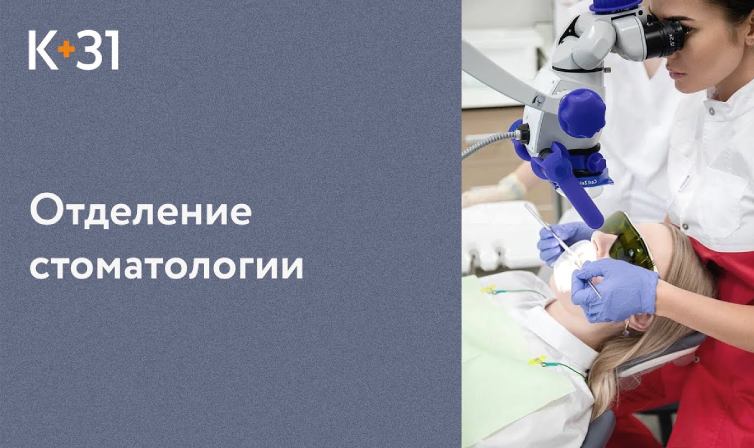
Modern methods of diagnostics and dental treatment at "K+31"
Our doctors

This award is given to clinics with the highest ratings according to user ratings, a large number of requests from this site, and in the absence of critical violations.

This award is given to clinics with the highest ratings according to user ratings. It means that the place is known, loved, and definitely worth visiting.

The ProDoctors portal collected 500 thousand reviews, compiled a rating of doctors based on them and awarded the best. We are proud that our doctors are among those awarded.
Make an appointment at a convenient time on the nearest date
Price
Other Services

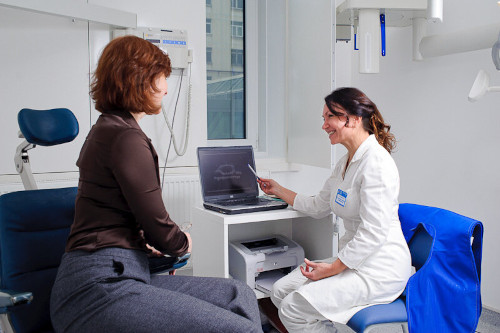
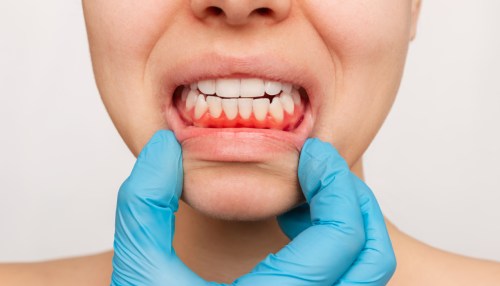
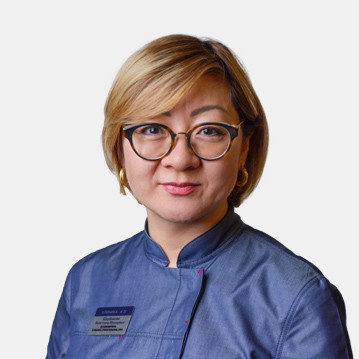
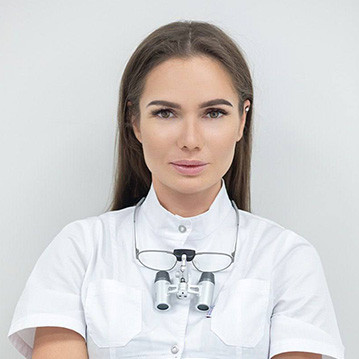
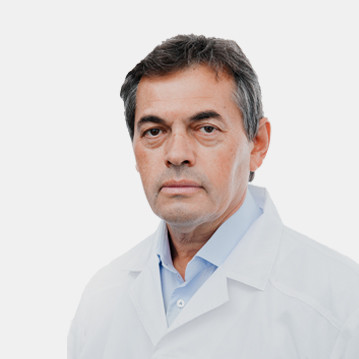
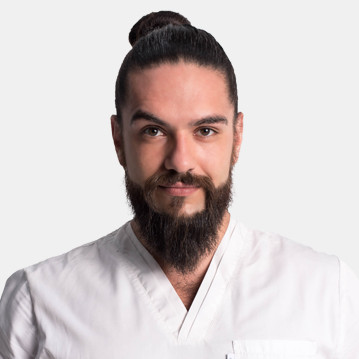
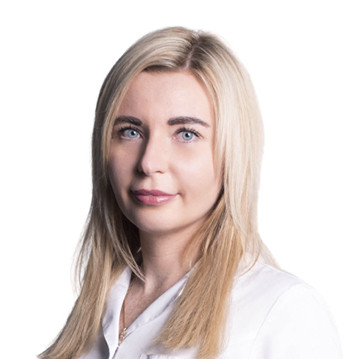
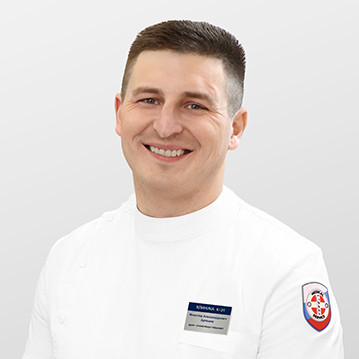
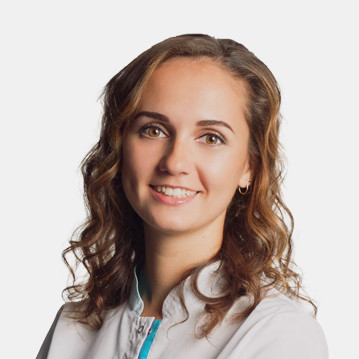
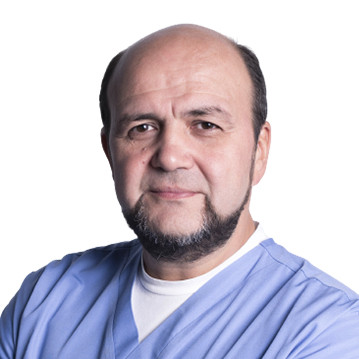
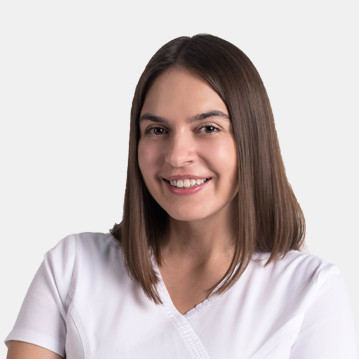
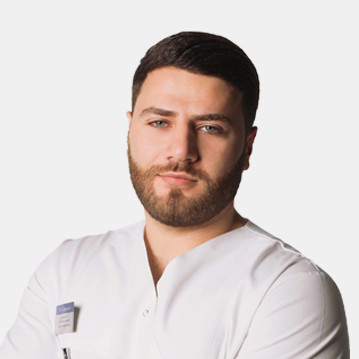

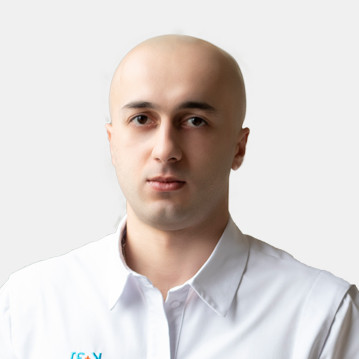
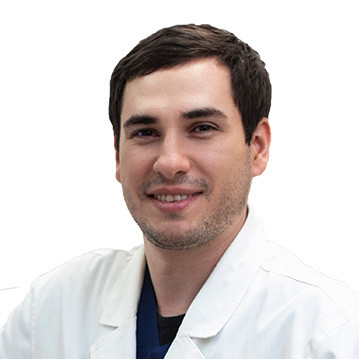

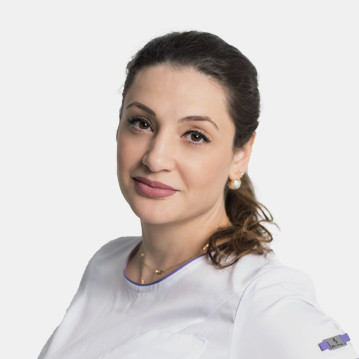
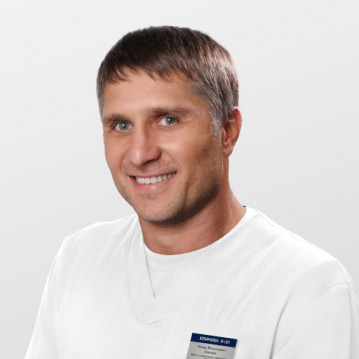
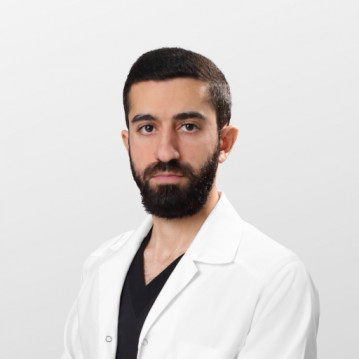
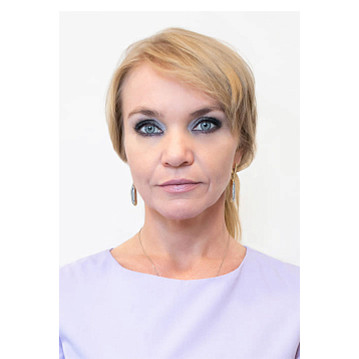

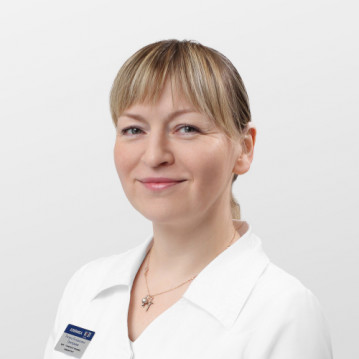
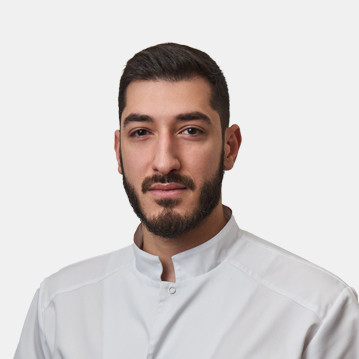
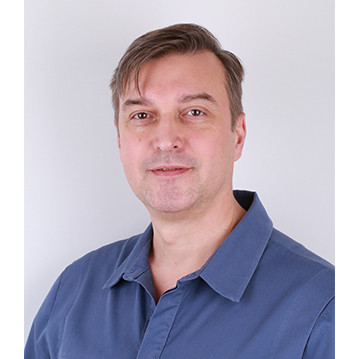

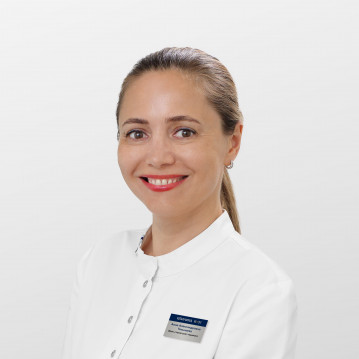
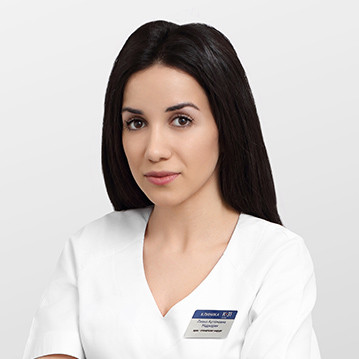
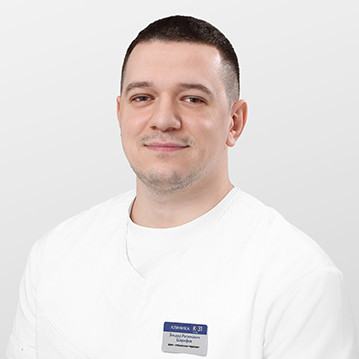
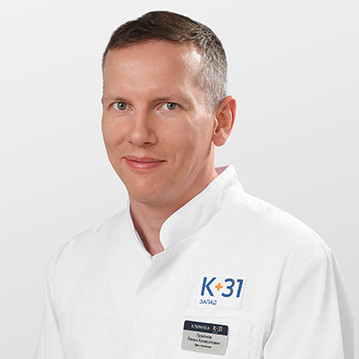
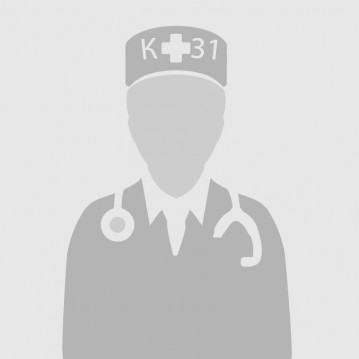
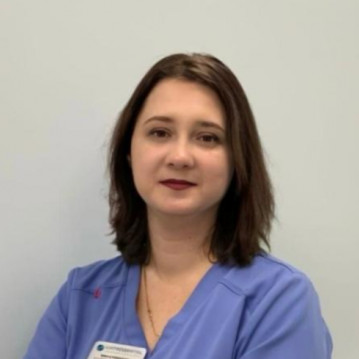
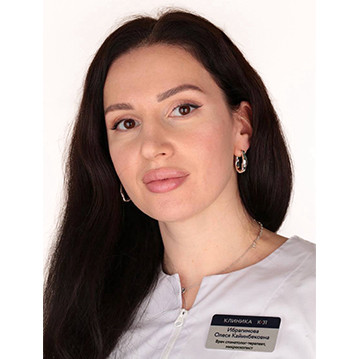
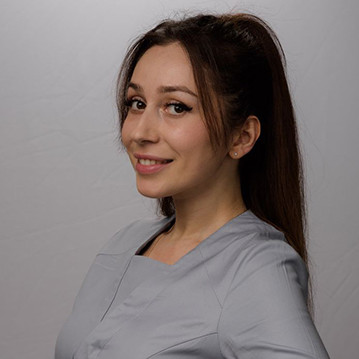

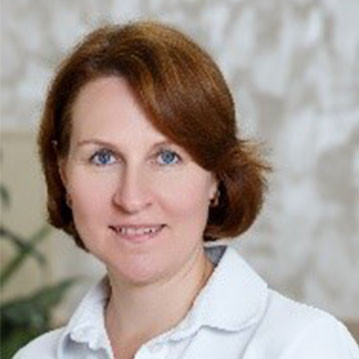
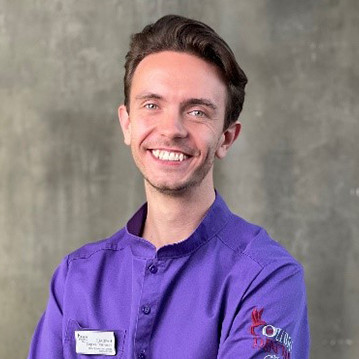
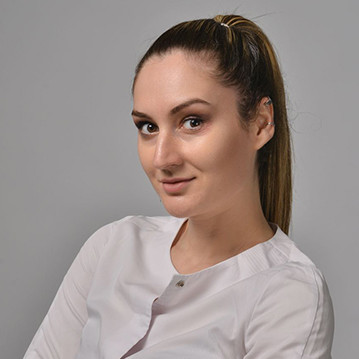

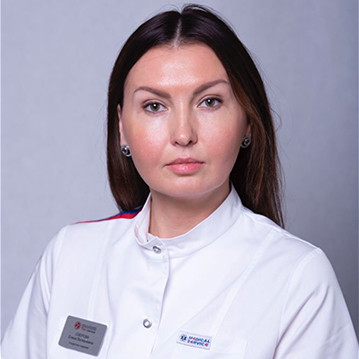

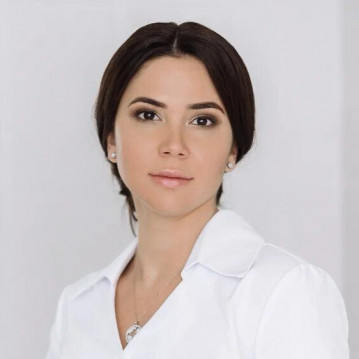







Benefits of dental implantation
The technique has gained worldwide recognition due to the following advantages:
Dental implantation is used when one or more teeth are lost, as well as when there is a complete absence of teeth on one of the jaws. This method allows you to restore the functions of the dental system after mechanical injuries.